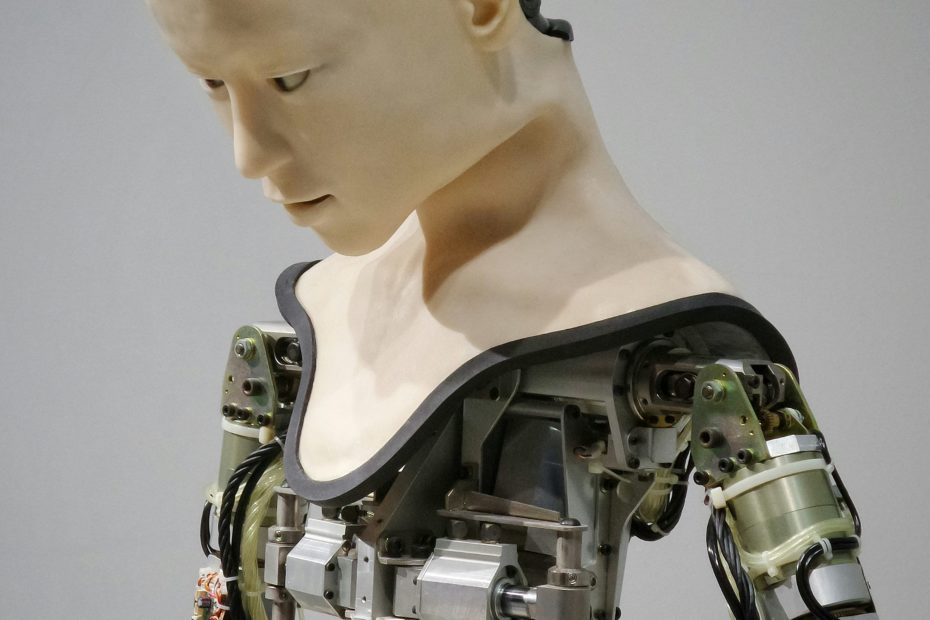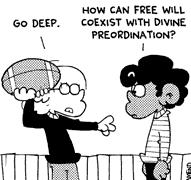Humanizing Chatbots Is Hard To Resist — But Why?
Written by Madeline G. Reinecke (@mgreinecke) You might recall a story from a few years ago, concerning former Google software engineer Blake Lemoine. Part of Lemoine’s job was to chat with LaMDA, a large language model (LLM) in development at the time, to detect discriminatory speech. But the more Lemoine chatted with LaMDA, the more… Read More »Humanizing Chatbots Is Hard To Resist — But Why?



